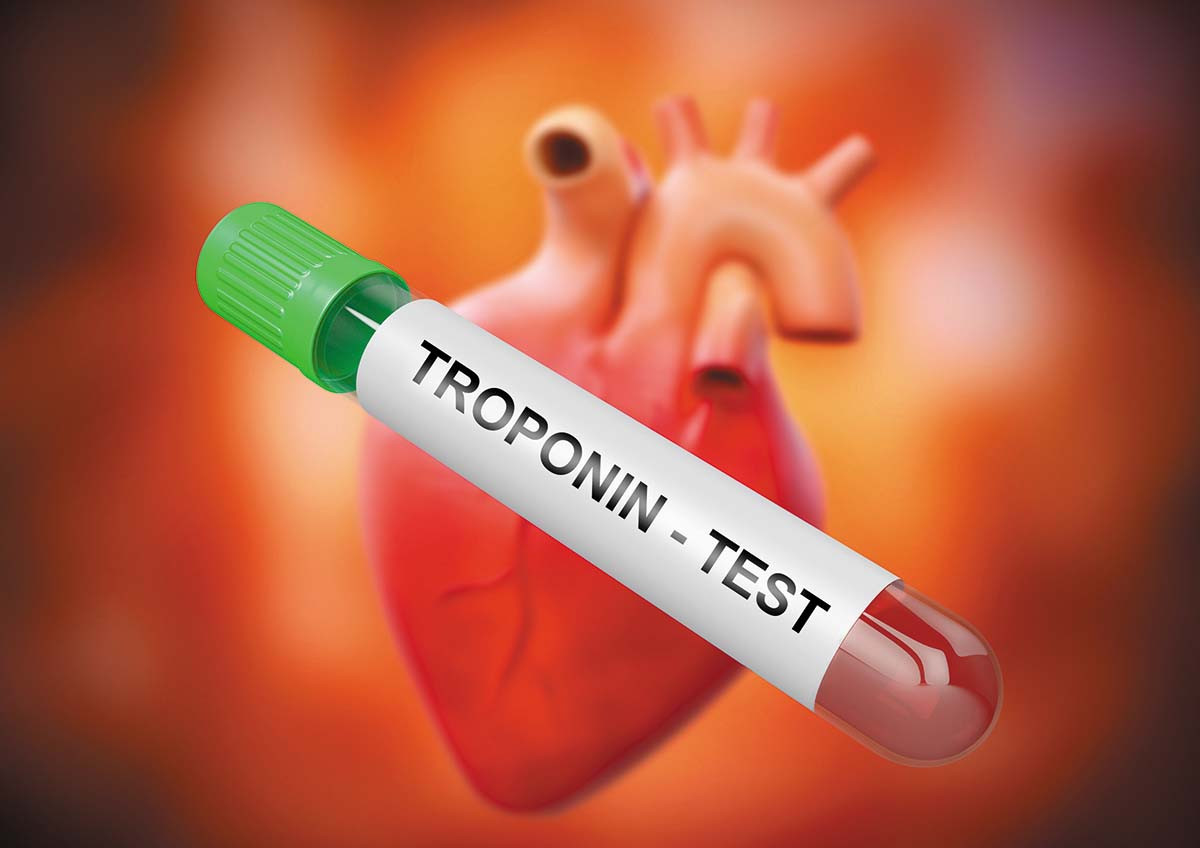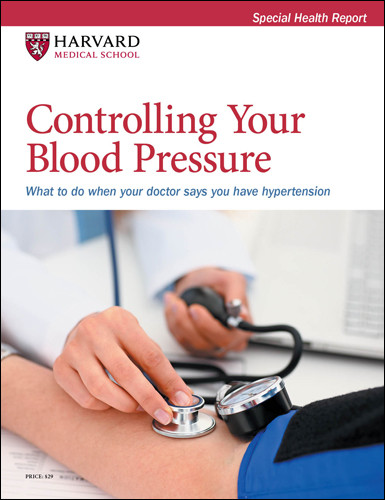Are heart attacks overdiagnosed?
Fear of a malpractice lawsuit is just one reason doctors may diagnose heart attacks in people who haven't had one.
- Reviewed by Christopher P. Cannon, MD, Editor in Chief, Harvard Heart Letter; Editorial Advisory Board Member, Harvard Health Publishing

More than two decades ago, a now-classic study revealed an unsettling statistic: about 2% of people who showed up in emergency departments in the throes of a heart attack were mistakenly sent home without treatment. "Failure to diagnose a heart attack is the No. 1 cause of malpractice payouts in the emergency department," says Dr. James Januzzi, the Hutter Family Professor of Medicine at Harvard Medical School and a cardiologist at Harvard-affiliated Massachusetts General Hospital.
What's happened since then, however, has created a different problem. Out of fear of missing the diagnosis, doctors may screen people with symptoms that are subtle, unusual, or even completely absent (see "Heart attack symptoms").
Because the blood test used to detect a heart attack is so sensitive, some people are told they're having a possible heart attack (also known as a myocardial infarction, or MI) when they are not. In fact, overdiagnosis of MI is now more common than underdiagnosis, says Dr. Januzzi, who co-authored an opinion piece on this topic in the April 24, 2024, issue of JAMA.
Failing to detect an actual heart attack (underdiagnosis) can have dire consequences. However, overdiagnosis exposes people to unneeded risks, high costs, and other downsides.
What usually happens when people arrive in the emergency department with possible heart attack symptoms? And how can you make sure that you or a loved one receives appropriate care?
Heart attack symptoms
|
At the emergency department
Most emergency departments follow a specific protocol for a suspected heart attack. Often, the first test is an electrocardiogram (ECG), a recording of the heart's electrical activity. A major heart attack — when an artery feeding your heart is blocked, choking off the blood supply to part of the muscle — usually creates a distinct signature on the ECG. However, an ECG is not very sensitive, and a normal tracing doesn't rule out a heart attack, says Dr. Januzzi. So doctors rely on a high-sensitivity troponin test, which measures a protein that rises in response to heart muscle damage.
"The troponin test has evolved over the years to now being so sensitive, it's rare to miss cases of MI. But because this test is so sensitive, we're detecting a lot of myocardial injury that is not related to a heart attack," says Dr. Januzzi. One possible cause is heart muscle inflammation (myocarditis), which can result from bacterial or viral infections, including COVID-19. Certain types of heart failure and chronic kidney disease can also cause troponin levels to rise. A single abnormal troponin level, or a value that rises slightly over time, doesn't necessarily mean you've had a heart attack.
Unneeded testing
One study found that a quarter of people who showed up in emergency departments received a troponin test, although fewer than half complained of chest pain. Why does this happen? One reason is that like most people, physicians tend to remember rare, unusual scenarios more than typical, everyday situations, says Dr. Januzzi. "While 99 of 100 people who have heart attacks come in with classic symptoms, most doctors have seen at least one person who had a bizarre symptom like elbow pain that turned out to be a heart attack," he says. That drives a lot of excess testing, he says. Heart attacks are more common in older people, but such people are also more prone to chronic health problems that might lead to an abnormal troponin result. Consequently, they are more likely to have elevated troponin values that don't necessarily represent a heart attack.
Overdiagnosis downsides
People incorrectly diagnosed with a heart attack often undergo further testing (including costly imaging tests), potentially risky invasive procedures, and unnecessary hospitalizations. About one in five people diagnosed with a heart attack experiences depression, and a third face financial hardship due to medication costs. The diagnosis may also affect a person's ability to get (or afford) life insurance.
"If a doctor tells you that some of your test results suggest a possible heart attack, be mindful that the diagnosis requires much more than a single blood test," says Dr. Januzzi. Ask what other evidence points to a heart attack, such as changes on an ECG or a heart ultrasound. An accurate diagnosis is vital, as treatments for each situation differ considerably, he adds.
Image: © Gilnature/Getty Images
About the Author

Julie Corliss, Executive Editor, Harvard Heart Letter
About the Reviewer

Christopher P. Cannon, MD, Editor in Chief, Harvard Heart Letter; Editorial Advisory Board Member, Harvard Health Publishing
Disclaimer:
As a service to our readers, Harvard Health Publishing provides access to our library of archived content. Please note the date of last review or update on all articles.
No content on this site, regardless of date, should ever be used as a substitute for direct medical advice from your doctor or other qualified clinician.
















